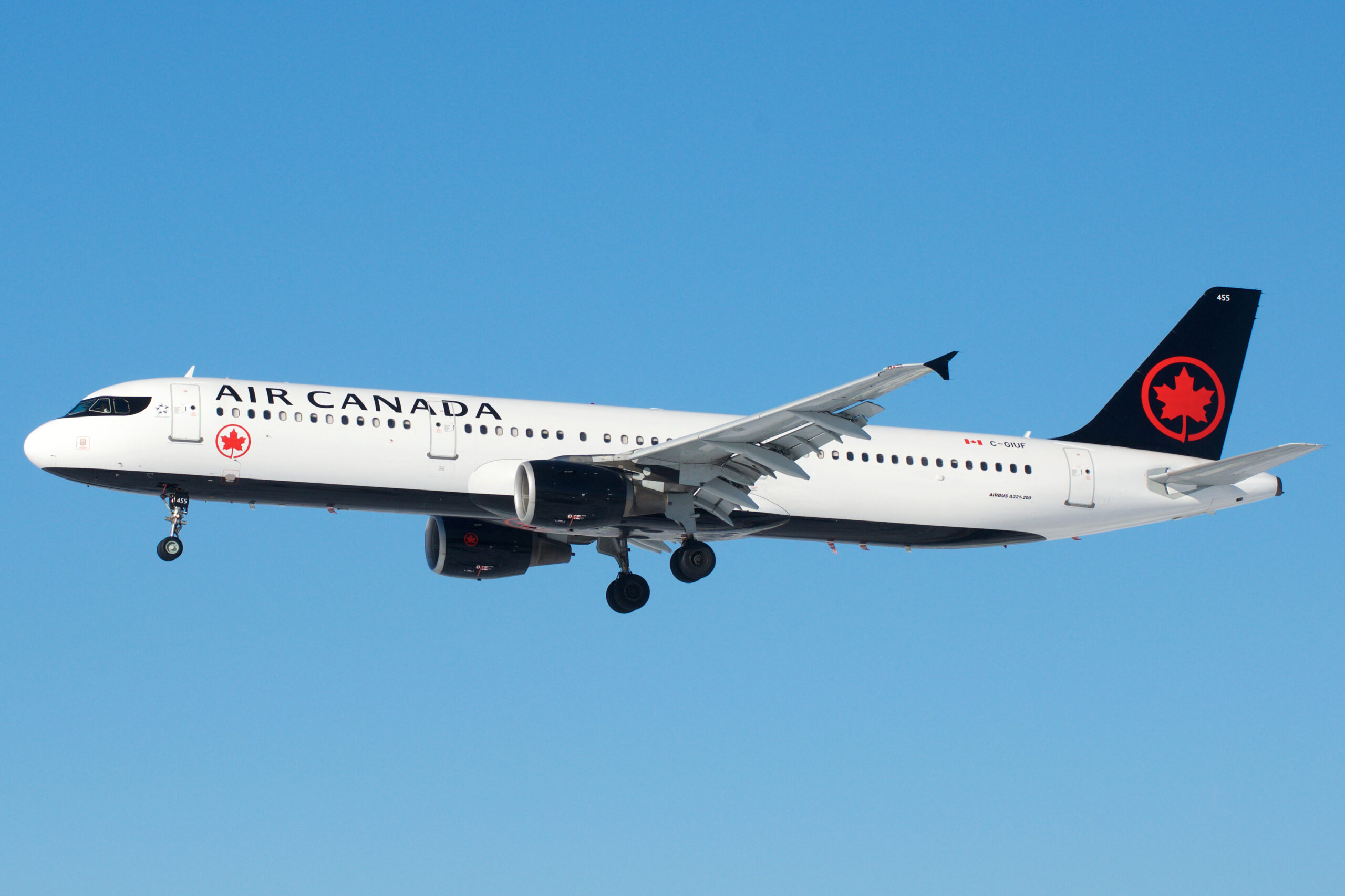
Air Canada cancelled hundreds of flights on Sunday after the union representing its flight attendants refused to comply with a back-to-work order. The Canadian Union of Public Employees (CUPE) said it had filed a Federal Court challenge against the Canada Industrial Relations Board’s directive requiring its members to return to work by 2 p.m. ET.
CUPE National President Mark Hancock stood outside Toronto’s Pearson Airport on Sunday, declaring, “Our members are not going back to work. We are saying no.” He tore up a copy of the order in front of the departures terminal as union members continued picketing.
The union argued that the government’s intervention was unjustified, describing the entire process as unfair and tilted toward Air Canada’s interests.
Government Steps In
The federal government had intervened less than 12 hours after the strike began. Labour Minister Patty Hajdu invoked Section 107 of the Labour Code, directing the board to order binding arbitration and force flight attendants back to work while negotiations continued.
Hajdu explained her decision by saying the potential economic impact was too severe to allow the strike to continue. “The potential for immediate negative impact on Canadians and our economy is simply too great,” she told reporters.
Her office confirmed on Sunday afternoon that she was still closely monitoring the dispute.
Air Canada accused CUPE of “illegally” directing its members to defy the board’s ruling and called Sunday’s demonstrations across Toronto, Montreal, Vancouver, and Calgary airports a “day of action.”
CUPE rejected the criticism, claiming Hajdu had caved to Air Canada’s demands instead of protecting workers’ rights.
By Sunday evening, Canadian Labour Congress President Bea Bruske announced that union leaders nationwide had met in an emergency session to back the flight attendants. Bruske said the labour movement considered the government’s intervention an unconstitutional attack on workers’ rights and vowed to coordinate a campaign to support CUPE financially and legally.
“The labour movement is united and standing firm, and we will not allow these Charter-protected rights to be trampled upon,” Bruske stated.
Cancellations and Passenger Impact
As of Sunday, Air Canada had reported about 940 cancelled flights involving Air Canada and Air Canada Rouge, leaving thousands of passengers stranded. Many scrambled to find alternative routes.
Among them was Audrey Allen, who had planned to fly from Toronto to London to care for a friend. Her flight had been listed as “on time” when she left for the airport, but was cancelled by the time she arrived. “I don’t know what’s going to happen to her, because she can’t afford to stay in this nursing home,” Allen said tearfully.
Air Canada said it would resume flights by Monday evening, though it did not explain why it believed operations could restart so quickly. The airline promised customers refunds, credits, or rebookings, though it acknowledged limited capacity during peak summer travel.
The CIRB order required the expired collective agreement to be extended until a new deal was reached. CUPE leaders, however, said Air Canada had refused to negotiate fairly because it expected government intervention.
Wages that lagged behind inflation and unpaid labour during non-flying time remain the key issues. Union leaders argued that the company’s profits should allow for better compensation.
Montreal-based local union president Natasha Stea said workers were united in defiance. “Where you have a multi-billion dollar company that’s refusing to pay living wages to their employees, I just don’t know,” she told supporters at a Toronto demonstration.
Air Canada has locked out its agents in response to the strike, while CUPE said it remained open to negotiating a “fair, negotiated collective agreement.”
Author’s Opinion
This dispute is a reminder of how fragile Canada’s labour balance can be when the government intervenes too quickly. Forcing workers back with legislation may ease short-term travel chaos, but it risks deepening mistrust between employees, employers, and Ottawa. If flight attendants feel their rights are being steamrolled, future negotiations will only grow more bitter—and passengers will ultimately keep paying the price.
Featured image credit: Wikimedia Commons
For more stories like it, click the +Follow button at the top of this page to follow us.
